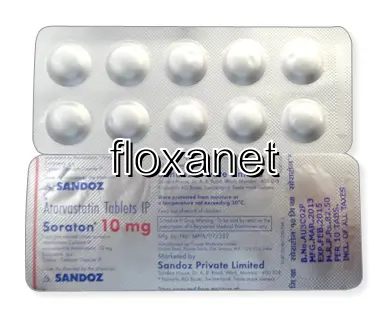| Package | Dosage | Price | Price per Dose | |
|---|---|---|---|---|
| Dosage: 10mg | ||||
| 180 pill | 10mg | $115.19 | $0.64 | |
| 120 pill | 10mg | $86.04 | $0.72 | |
| 90 pill | 10mg | $69.39 | $0.78 | |
| 60 pill | 10mg | $52.73 | $0.87 | |
| 30 pill | 10mg | $27.75 | $0.94 | |
| 10 pill | 10mg | $12.48 | $1.19 | |
| Dosage: 20mg | ||||
| 180 pill | 20mg | $155.44 | $0.86 | |
| 120 pill | 20mg | $115.19 | $0.96 | |
| 90 pill | 20mg | $95.76 | $1.07 | |
| 60 pill | 20mg | $73.55 | $1.22 | |
| 30 pill | 20mg | $41.63 | $1.37 | |
| 10 pill | 20mg | $16.64 | $1.61 | |
| Dosage: 40mg | ||||
| 180 pill | 40mg | $247.05 | $1.37 | |
| 120 pill | 40mg | $185.98 | $1.55 | |
| 90 pill | 40mg | $156.83 | $1.74 | |
| 60 pill | 40mg | $117.97 | $1.97 | |
| 30 pill | 40mg | $65.22 | $2.15 | |

Atorvastatin Description
Overview of Atorvastatin
Atorvastatin is a widely used medication belonging to the class of drugs known as statins. It is primarily prescribed to help lower low-density lipoprotein (LDL) cholesterol levels in the blood. Elevated cholesterol levels are a major risk factor for cardiovascular diseases such as heart attacks and strokes. By reducing LDL cholesterol, Atorvastatin helps in preventing these serious health conditions. It is available by prescription and is commonly used by adults, especially those with high cholesterol, diabetes, or a history of cardiovascular issues.
How Does It Work?
Atorvastatin works by inhibiting an enzyme called HMG-CoA reductase, which plays a vital role in the production of cholesterol in the liver. When this enzyme's activity is reduced, the liver produces less cholesterol, leading to decreased levels in the bloodstream. Additionally, Atorvastatin can modestly increase the levels of high-density lipoprotein (HDL) cholesterol, often considered the "good" cholesterol. This dual action makes it effective in managing lipid profiles and reducing the risk of plaque formation in arteries.
Benefits and Effectiveness
Many patients have reported positive outcomes after starting Atorvastatin therapy. Its ability to significantly lower LDL cholesterol levels is well-documented, and it is often prescribed as part of a comprehensive cardiovascular risk reduction plan. In clinical studies, Atorvastatin has also shown potential to stabilize existing arterial plaques, reducing the likelihood of rupture and subsequent heart events. For individuals with a high risk of cardiovascular disease, regular use of Atorvastatin can lead to a noticeable decrease in the incidence of heart attacks, strokes, and related complications.
Possible Side Effects
While Atorvastatin is generally well-tolerated, some users may experience side effects. Common mild reactions include muscle pain, fatigue, or gastrointestinal discomfort such as nausea or diarrhea. Serious but rare side effects can involve muscle inflammation or damage, which may lead to rhabdomyolysis, a severe condition affecting the kidneys. Liver enzymes may also be elevated, so periodic monitoring is recommended during treatment. Some individuals might experience allergic reactions, including rash or swelling. It is important to report any unusual symptoms to a healthcare provider promptly.
Precautions and Interactions
Before starting Atorvastatin, patients should inform their doctor about any existing health conditions, especially liver problems or muscle disorders. The medication may interact with other drugs, such as certain antibiotics, antifungals, or immunosuppressants, which can increase the risk of side effects. Pregnant or breastfeeding women are generally advised against using Atorvastatin, as its safety during pregnancy has not been established. Limiting alcohol intake and avoiding grapefruit juice can also help in reducing the risk of adverse effects while on this medication.
Usage and Dosage
The dosage of Atorvastatin varies depending on individual health needs and the severity of cholesterol elevation. Typically, the medication is taken once daily, with or without food. It is important to adhere to the prescribed dose and not to alter it without consulting a healthcare professional. Regular blood tests are necessary to monitor cholesterol levels and liver function. Patients should combine medication adherence with lifestyle changes like a healthy diet, regular exercise, and smoking cessation for optimal results.
Final Thought
Atorvastatin remains a cornerstone in managing high cholesterol and reducing cardiovascular risk. Its effectiveness, combined with a well-established safety profile, makes it a popular choice among healthcare providers. However, like all medications, it requires responsible use and monitoring to ensure maximum benefit and minimize potential risks. Patients are encouraged to maintain open communication with their healthcare team and adhere to recommended guidelines for best outcomes.
